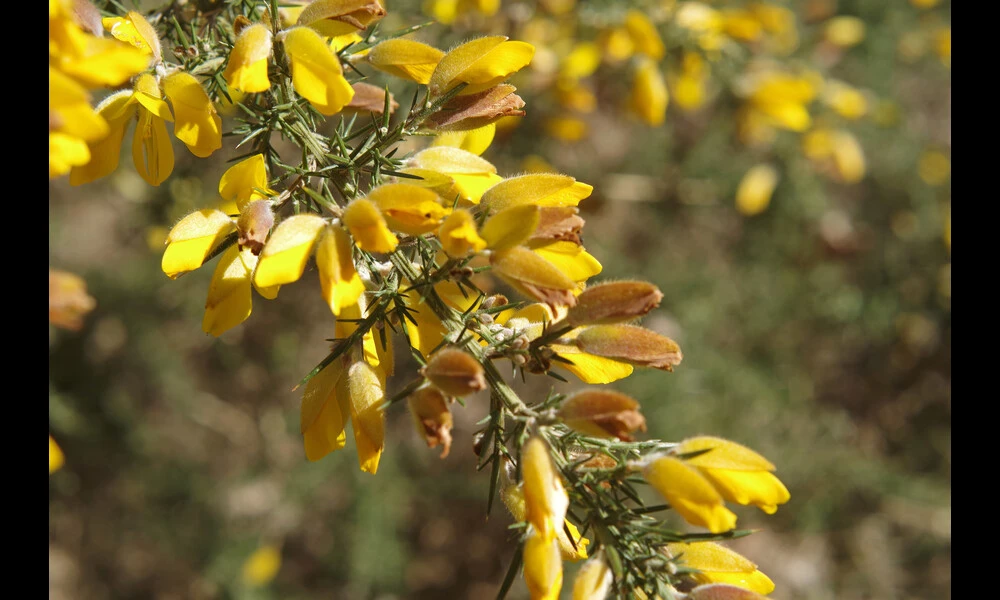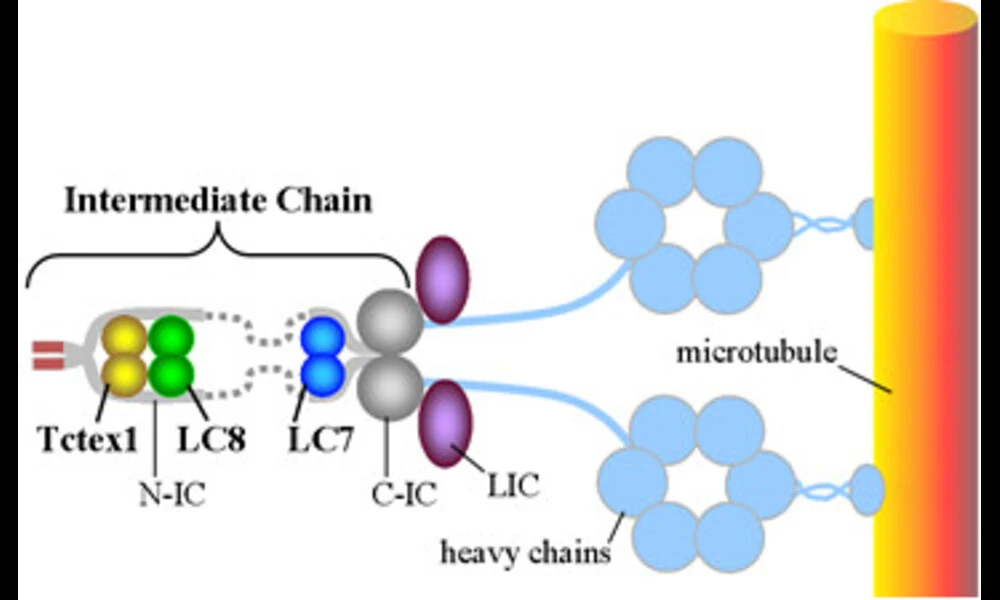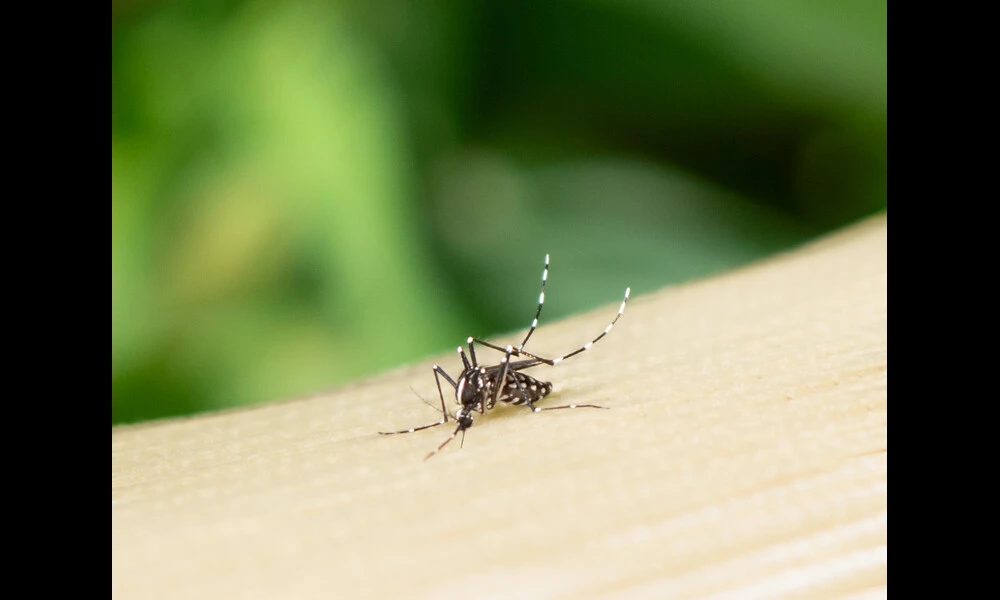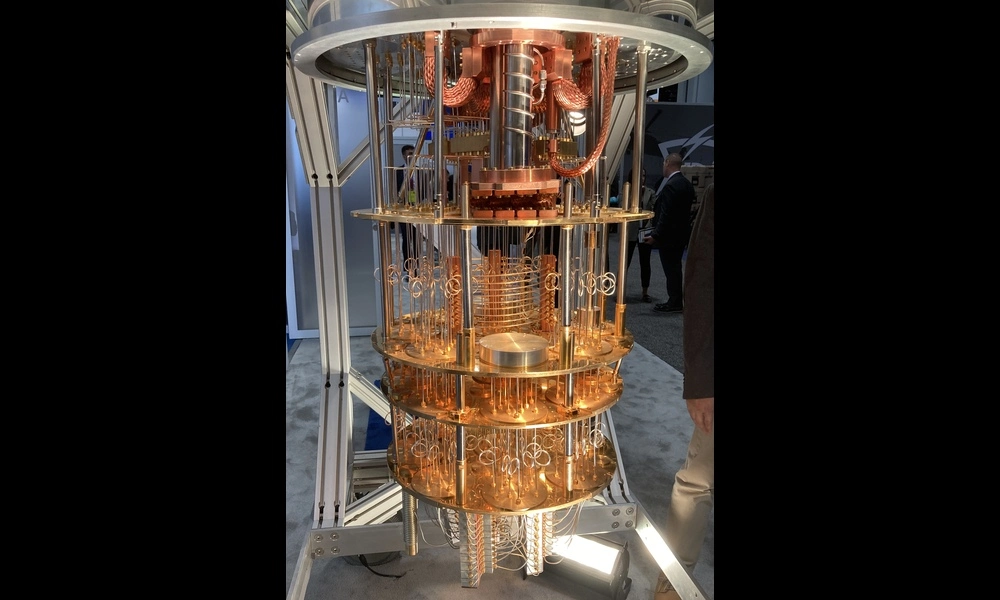Using Plant Waste to Cultivate Vitamin-Producing Gut Microbes
Published on Fri Aug 04 2023 Thésée-la-Romaine (Loir-et-Cher) | Daniel Jolivet on Flickr
Thésée-la-Romaine (Loir-et-Cher) | Daniel Jolivet on FlickrNew research suggests that gorse (Ulex europaeus) wastes supplemented with 5,6-dimethyl benzimidazole (DMB) can support the growth of commensal gut microbes capable of producing vitamin B12. Vitamin B12 is essential for various enzymatic reactions in the human body and is typically obtained from food or supplements. However, some gut microbes have the ability to synthesize vitamin B12, which has led to investigations into their potential use as supplements to prevent deficiencies. In this study, three dominant human colonic bacterial species were found to produce vitamin B12 when grown in a medium containing gorse wastes and DMB. Although the yields were low, this proof-of-concept opens the door to further research on using plant wastes to support the growth of vitamin-producing gut microbes.
The study found that the three microbial candidates - Anaerobutyricum hallii DSM 3353, Roseburia faecis DSM 16840, and Anaerostipes caccae DSM 14662 - were able to produce vitamin B12 in anaerobic conditions using gorse wastes supplemented with DMB. However, the yields were very low and the B12 production was intracellular. The positive control, Propionibacterium freudenreichii DSM 4902, was also able to produce B12, but at lower levels than expected. The researchers compared different growth media and found that B12 production was higher in gorse medium compared to the routinely used M2GSC growth medium.
While this study provides important insights into the potential use of gorse wastes to support the growth of vitamin-producing gut microbes, there is still much more research to be done. Future studies could explore the inclusion of other known anaerobic pseudo-cobalamin producers and investigate the addition of DMB to enhance B12 synthesis. Additionally, researchers could test the effects of DMB in a simulated colonic environment using donated fecal samples. This research could lead to the development of prebiotic or synbiotic products using gorse wastes or other invasive plant species. Overall, this study highlights the potential for using natural waste materials to promote the growth of beneficial gut microbes that can produce essential vitamins.



